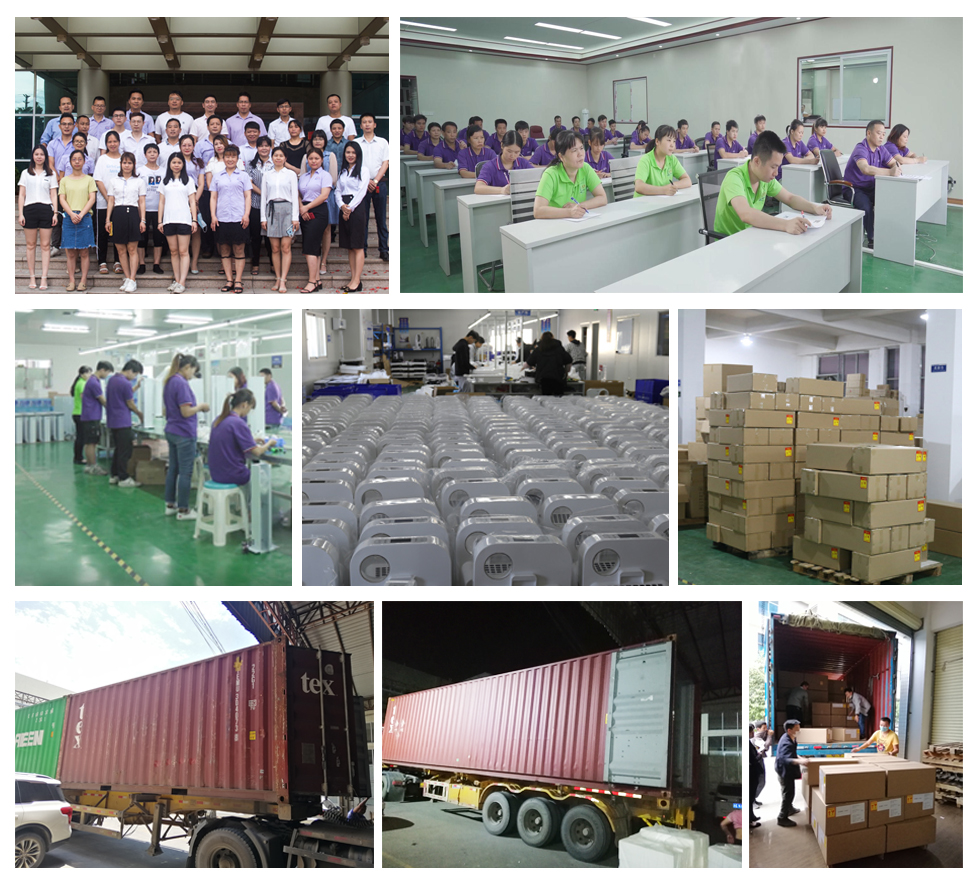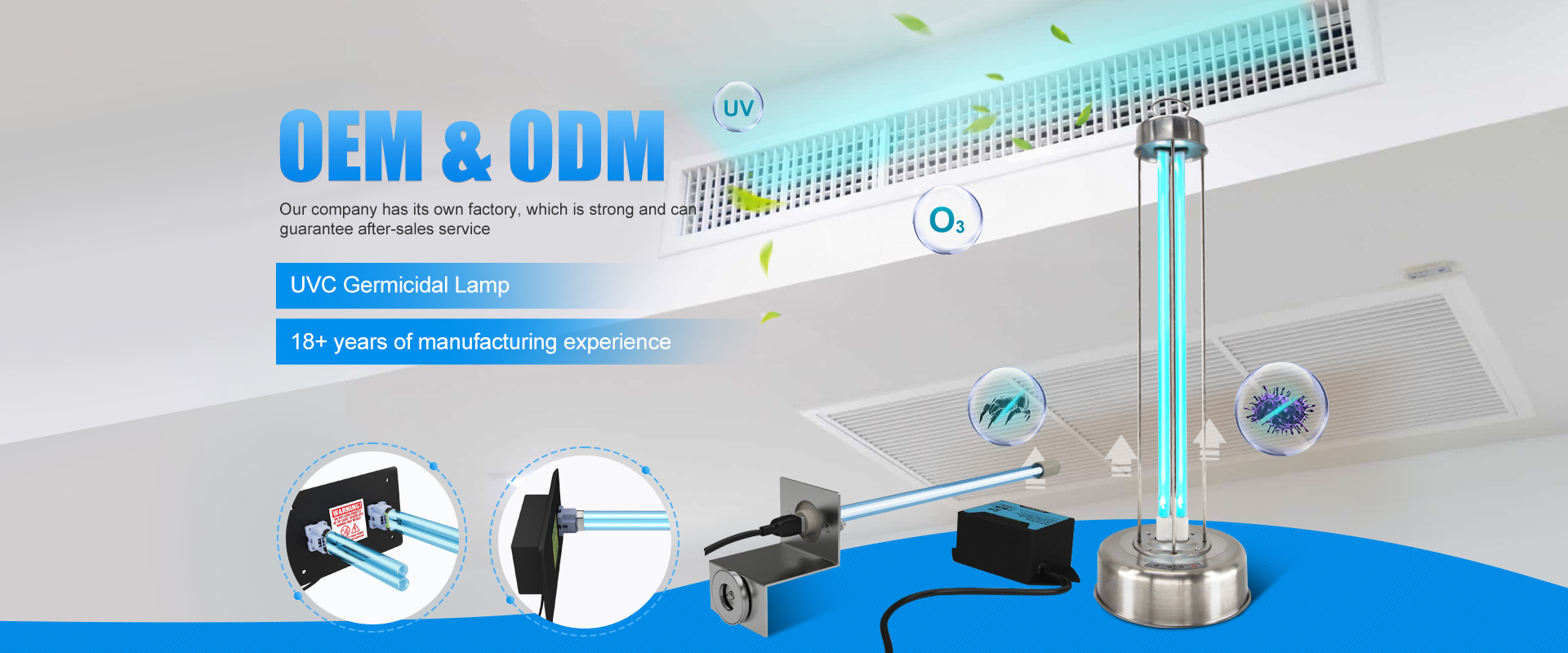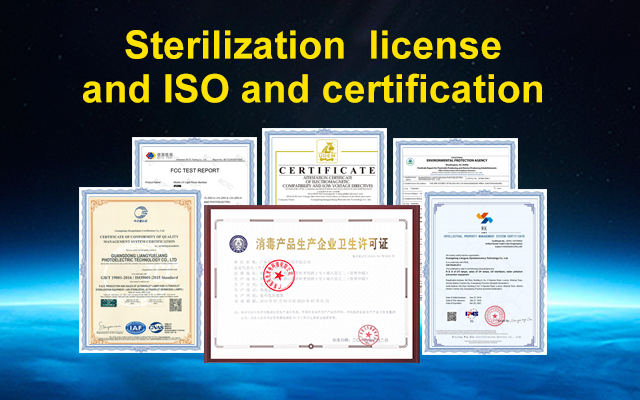Experts weigh in on whether purifiers can actually filter out germs, dust, smoke, mold, and more.
The promise of an air purifier is tantalizing: a device designed to purify the air in your home, removing all impurities, including odor, smoke, dust, and pet dander. Given that indoor air can contain up to five times more of certain pollutants than outdoor air, we get it. Air purifiers can indeed eliminate some of the threats posed by air pollution and indoor activity.
How do air purifiers work?
Air purifiers usually consist of one or more filters and a fan that draws in and circulates the air. As the air passes through the filter, pollutants and particles are captured and clean air is pushed back into the living space. Typically, filters are made of paper, fibers (usually fiberglass), or mesh, and they need to be replaced regularly to maintain efficiency.
How often you have to change the filter depends on the type of purifier and usage. Some filters are reusable and washable, but they require careful maintenance, so you won't usually find them on the most effective air purifiers. Reusable filters are usually good at removing larger particles from the air, such as dust mites and pollen. You can also find UV (ultraviolet) filters on the market, which often claim to destroy biological impurities like mold or bacteria, but many require higher power and greater exposure to be effective (not to mention that some bacteria are UV resistant of).
Air purifiers that are suitable for your home use are very important to us. For your health, it's not too late to buy an air purifier. Liangyueliang is dedicated to the research and development team of science and technology, and has more than 100 patents for mold opening, creating a better life for consumers. High quality healthy life, the production of the most suitable for everyone air purifier. If you need the right air purifier, LIANGYUELIANG is at your service.

Post time: Apr-01-2022




